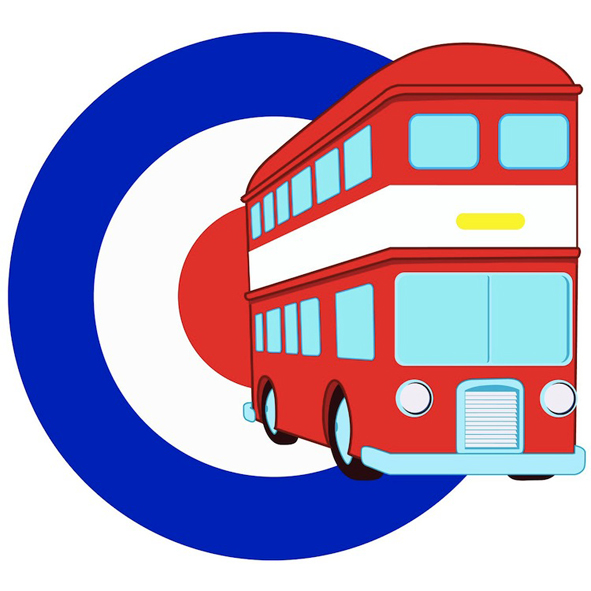 Freddy: Dad, what’s the opposite of “tiny”?
Freddy: Dad, what’s the opposite of “tiny”?
Dad: Hmm, how about “huge”?
Freddy: What about “love”?
Dad: Well, some say “hate”, but others say “apathy”.
The opposite of a word is another word that is as different from it as possible on some scale (that is, “elephant” is not the opposite of “cantaloupe”, because although they are very different, there is no connection). Opposites are useful in language learning when you know one of the pair but not the other. For example, if you forgot the word “easy”, you could ask, “What is the opposite of ‘difficult’?”
フレディ―:お父さん、「tiny」(とても小さい)の反対語は?
お父さん:そうだね。「Huge」(大きい)とか?
フレディ―:「Love」(愛)は?
お父さん:それは、「hate」(憎しみ)だという人もいるけど、「apathy」(無関心)という人もいるんだ。
反対語は、ある意味で性質上ちがう単語です。(「ゾウ」と「マスクメロン」は全く違うものですが、反対語にはならないのは繋がりがないからです。)言語を学ぶ人にとって、片方を知っているのにもう片方の言葉がわからないときに反対語がとても便利です。例えば、「easy」(簡単)という単語を忘れてしまったら、「Difficult」(難しい)の反対語は何ですか?と聞けばいいです。
